Ever wondered if you’re kind or codependent? Explore the fine line between empathy and codependency, learn to differentiate caretaking from caregiving, and take a revealing quiz to self-reflect!
Do you wonder whether you’re a kind, empathetic person or codependent? There is a difference between empathy and codependency. There are codependents who are abusers and not caring, and some people who are caring and aren’t codependent. So what’s the difference?
What Is Empathy And Codependency?
First, the definition of codependency has nothing to do with kindness, although many codependents are kind and may be selfless and self-sacrificing to an unhealthy degree.
It stems from dependence and insecurity, because they need other people’s validation and appreciation to feel worthy.
Many codependents easily empathize with others, but not enough with themselves. They may have learned to take care of others if they had to take care of younger siblings or an ill or emotionally immature parent.
If they grew up in a troubled environment, they may have been emotionally abandoned and confused pain and love. Although relationships have disappointments and conflicts, love isn’t supposed to be painful and hurt so much.
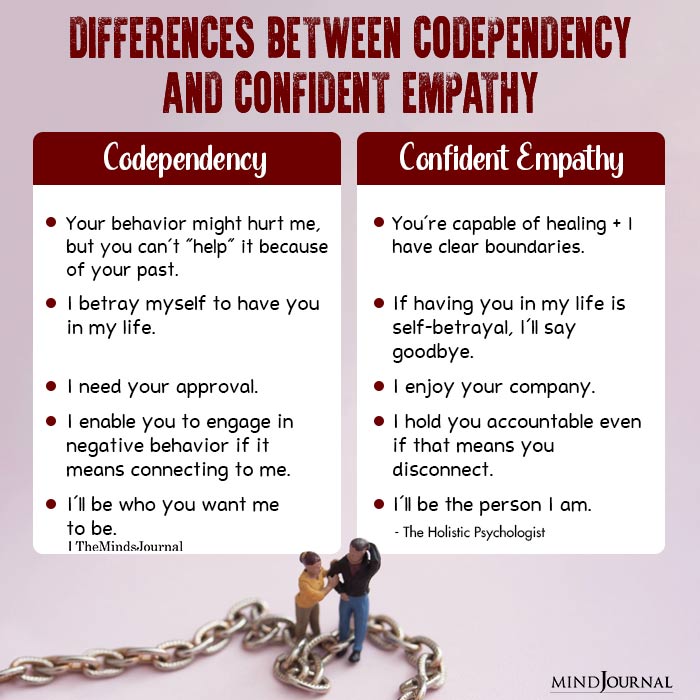
Codependents have a habit of ignoring their needs and constantly putting those of others first.
By not having boundaries, they harm themselves and the relationship. They can confuse love with being needed and become a caretaker to someone who is needy, like an addict or narcissist. In the extreme, they can become enablers.
Related: What Is Hero Complex And How To Overcome The Need To Save Others
Caretaking stems from insecurity that breeds shame and fear that creates an agenda. Genuine kindness has no strings attached. It’s an outgrowth of love.
Another big difference is compulsivity. Codependent caretaking is compulsive. They can’t say no to someone who needs them.
They feel compelled to help or give advice. They become people-pleasers. Their empathy is combined with a need to be needed, which can lead to control. They may get resentful when their advice is ignored or their help is refused,
They also feel responsible for other people’s needs and feelings. Thus, they feel guilty if they don’t provide help. Meanwhile, they often ignore their own needs and don’t take responsibility for them.
In fact, meeting their own needs can feel selfish, so they don’t ask for them and don’t set boundaries.
Related: 7 Signs You May Still Be Codependent And How To Change This Fast
Caretaking vs Caregiving
Parental love is expected to be unconditional and one-sided toward their young children. As they grow, good parenting includes mutual respect for each other’s boundaries. Caregiving is also part of healthy adult relationships. When someone we love is in need, we naturally want to help.
To help you differentiate between caretaking and healthy caregiving, here is a list of the differences:
A Caretaking And Caregiving Quiz – Are You Kind Or Codependent?
Here are some questions to ask yourself:
- Do you give unwanted advice?
- Do you judge your partner?
- Do you believe that you know what’s best?
- Do you repeatedly do things for your partner that he or she is capable of doing?
- Does your partner meet your needs?
- Is your giving reciprocated?
- Do you practice self-care?
- Do you feel responsible for your partner’s negative feelings?
- Do you feel guilty saying “no” to your partner?
- Do your partner’s problems preoccupy your thoughts?
- Can you listen without giving advice?
- Do you get upset if your advice isn’t followed?
- Do you give with strings attached?
- Is it uncomfortable to listen to another’s problem and not offer solutions – even when asked?
Related: What Really Leads To Codependency And The Codependent Self
Letting Go – How To Rethink Kindness Or Codependency In Your Life
Watching those you love struggle can be very difficult, and it can take all your strength not to jump in and help, especially when others expect you to behave in the old way. They’ll likely try to reel you in to give advice and other help.
Because caretaking can be a compulsion, you may need outside support to maintain your boundaries and not be overwhelmed with guilt.
Detaching doesn’t mean being emotionally cold, but taking a hands-off, ego-off approach. This is truly loving someone. Your guilt will lessen in time and with it resentment making for a better relationship.
Read more about detaching and take a quiz to determine if you’re over-involved. Practice these techniques to help you let go. Join my mailing list to get “14 Tips for Letting Go.” There’s more on detachment and enabling in Codependency for Dummies.
© Darlene Lancer 2023
So, are you kind or codependent? Share your thoughts in the comments below!
Written by: Darlene Lancer, JD, LMFT
Originally appeared on: What Is Codependency

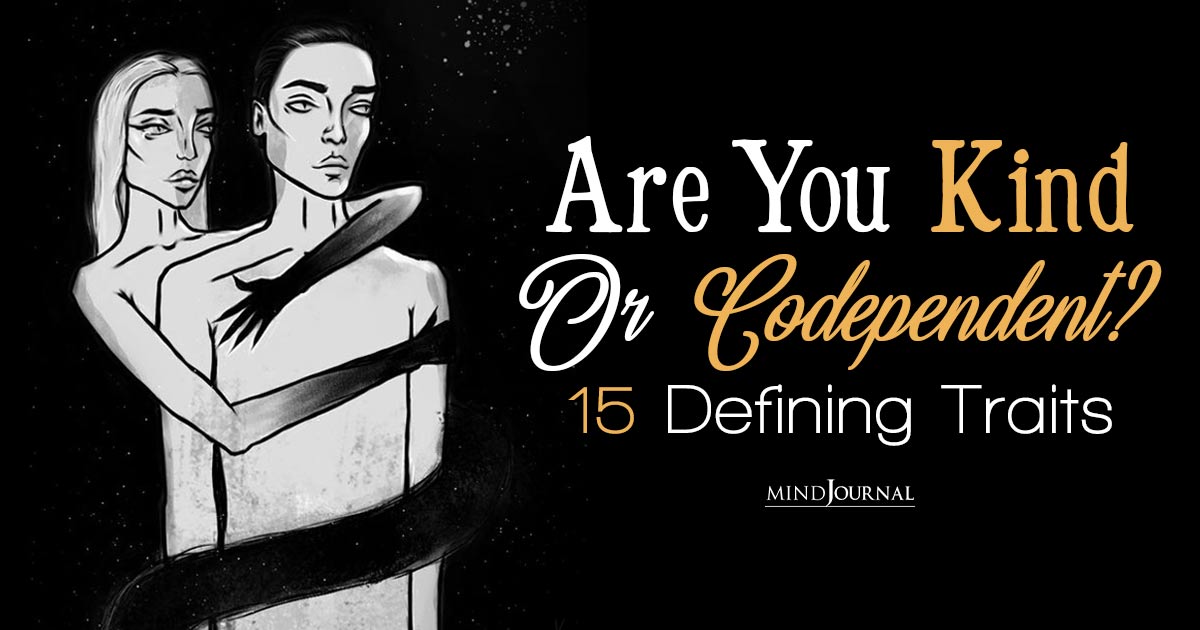

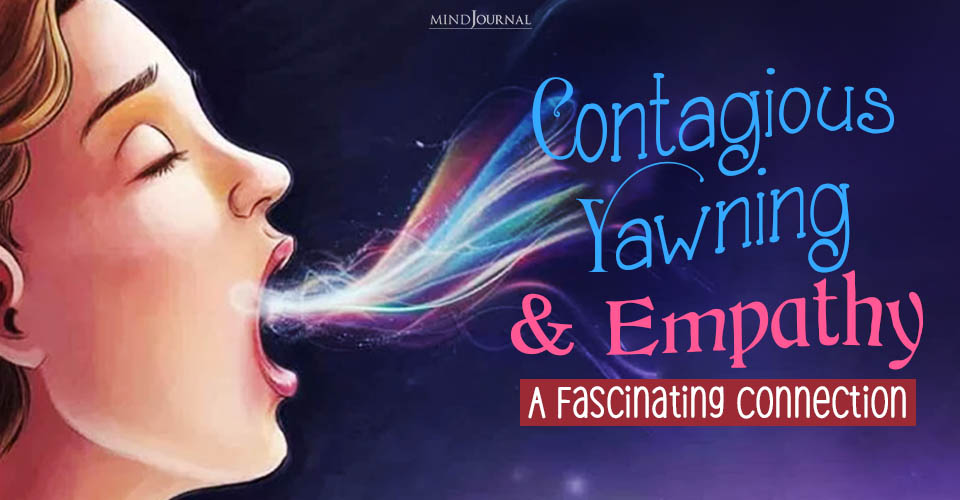


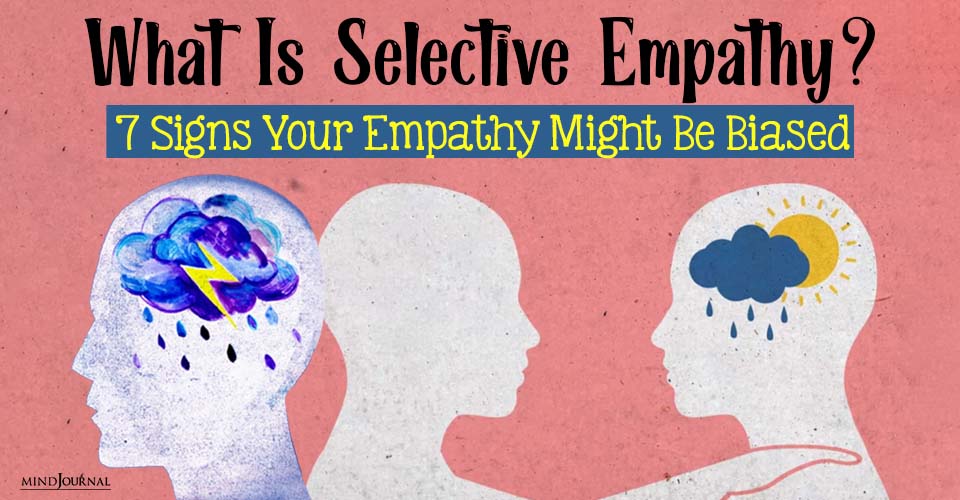
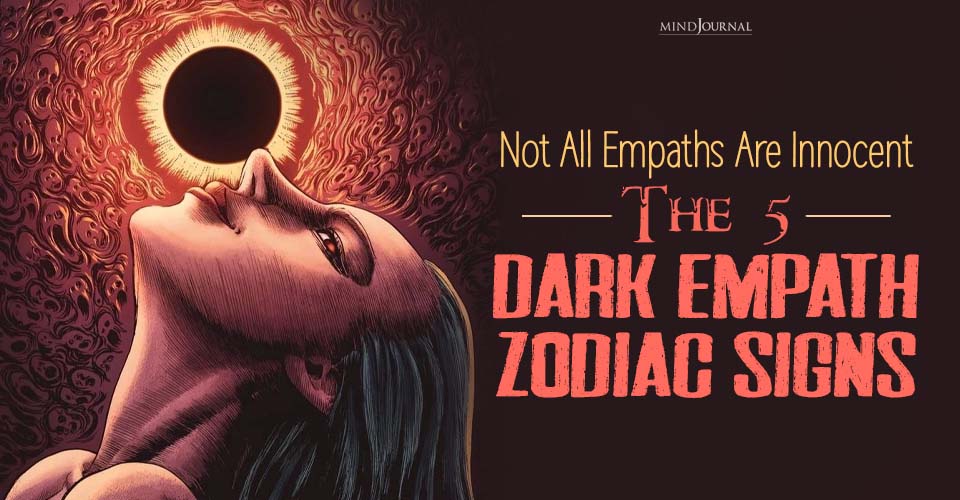

Leave a Reply